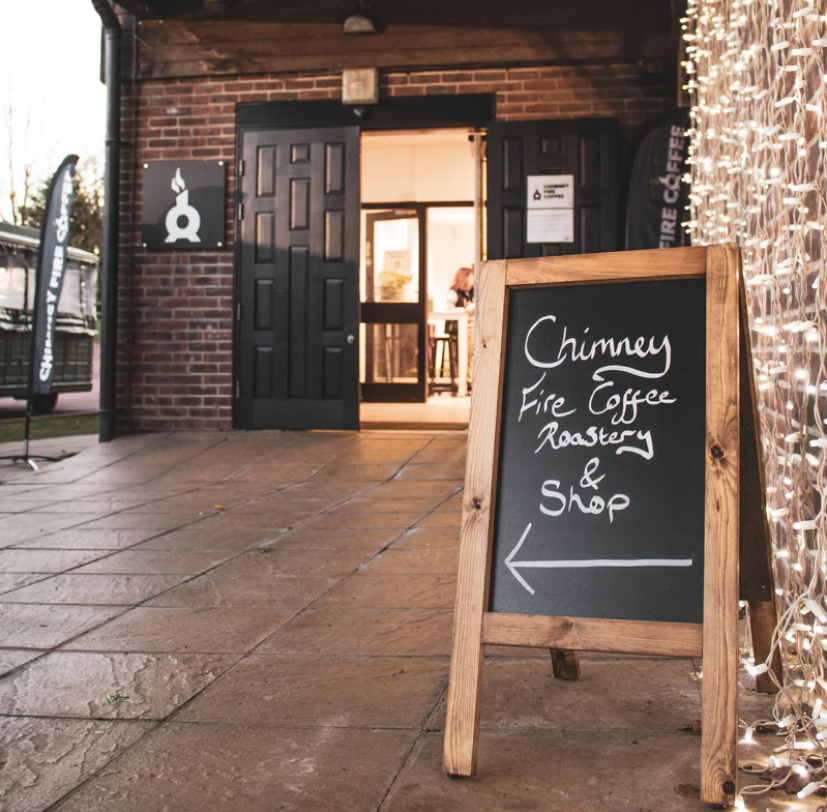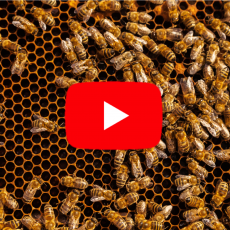
A quaint table overlooks the hustle of the common coffee house in the United States. Plants line the walls, customers wait in line to order and young students type away on their laptops. As a part of the traditional ambience, unmarked openings grace countertops allowing all waste to enter, no recycling in sight, half eaten plates of food pile up and single-use coffee cups sit on every table.
Coffee is and has been a staple in the lives of adults. According to a 2022 article titled, “World Coffee Consumption Statistics,” “…around 30-40 percent of the world’s population consumes coffee every day.” The figures are even higher in the United States at 65 percent. The suppliers of the world’s coffee addiction include the global conglomerate, Starbucks Coffee and home coffee makers such as Keurig and Nespresso.
These coffee suppliers have one commonality: High waste production. Nespresso and Keurig both pride themselves on the pods for their machines. These pods are single-use plastic cartridges containing the grounds to make a coffee at home. The problem with these pods is their single usage. After the cup of coffee is made, the pod is often thrown away into the trash, filling up landfills.
Starbucks is also guilty with their unfriendliness toward the environment. One look behind the counter reveals the plastic syrup containers, the plastic cups and the used coffee grounds going straight for the trash.
The problem doesn’t stop there.
Sam Pearce, community manager for Chimney Fire Coffee, states, “The biggest problem is how market-driven corporate coffee chains are – because they roast their coffee dark, it means that they can source their coffee from almost anywhere.”

Being able to source coffee from anywhere because of a darker roast means large coffee chains are able to find the cheapest coffee causing the producers of said coffee to lose financially. Pearce along with the whole team at Chimney Fire Coffee take sustainability very seriously. A roastery based in the United Kingdom, Chimney Fire Coffee is committed to changing the traditional practices in coffee production to leave a lighter footprint on the planet.
Chimney Fire Coffee is devoted to treating coffee farmers with the respect they deserve. It is one of main reasons the company was founded in the first place. “Chimney Fire Coffee was born out of our Founder Dan (Webber)’s experience working in East Africa… Inspired by his experiences, his mission was to put the farmers front-and-center – after all, it is they who deserve the greatest praise for producing exceptional quality raw product for us to roast.”
Farmers are the heart and soul of Chimney Fire Coffee’s work. They strive to have personal relationships with the farmers, cutting out others in the middle and reduce costs in order to “pay on average double Fairtrade price to the producers.”
Pearce states they “purchase a year’s worth of coffee in one go from them, which means they are not subject to market price fluctuations and have the money in their bank for reinvestment.” Chimney Fire Coffee is B Corpä certified company. B Corpä, according to Pearce, “is a global sustainability certification that scrutinizes over 200 aspects of a business to determine if it is operating in a responsible manner.”
So that’s what it means to be B Corpä certified, but what does it really mean to be B Corp certified? Pearce states, “For us, it is both a reward for the work we have put in so far, but also a framework on how to improve in the future.”

In terms of the customer, certification gives a “peace of mind” about choosing a brand and knowing it is working to better the planet and not destroy it.
Environmentally, the coffee has a few issues. The first is the transportation of coffee. Coffee is regularly produced in Africa and South America (Brazil). The coffee must be transported from its origins.
Pearce feels Chimney Fire Coffee is working to lessen the impact of coffee travel. He reports, “Per kilogram of raw product the shipping emissions are relatively low.”
Pearce also notes the company doesn’t regularly fly to producers but uses new technology to build the personal relationships between them and farmer.
The other main issue is the single-use epidemic in the coffee world. Plastic cups, straws, and plastic pods/K-Cups are some examples of what is plaguing the coffee community. Chimney Fire Coffee has made available on their website compostable coffee pods compatible with Nespresso machines.
For all they are doing, Pearce says, “it is certainly a challenge to be responsibly sourcing things and disposing of our waste properly as we grow.”
In the coffee world, everyone can do better. Pearce encourages consumers to shop locally and to check out their 2022-2023 Impact Report.
Sustainability in coffee is just an effort away, and Chimney Fire Coffee proves that.



